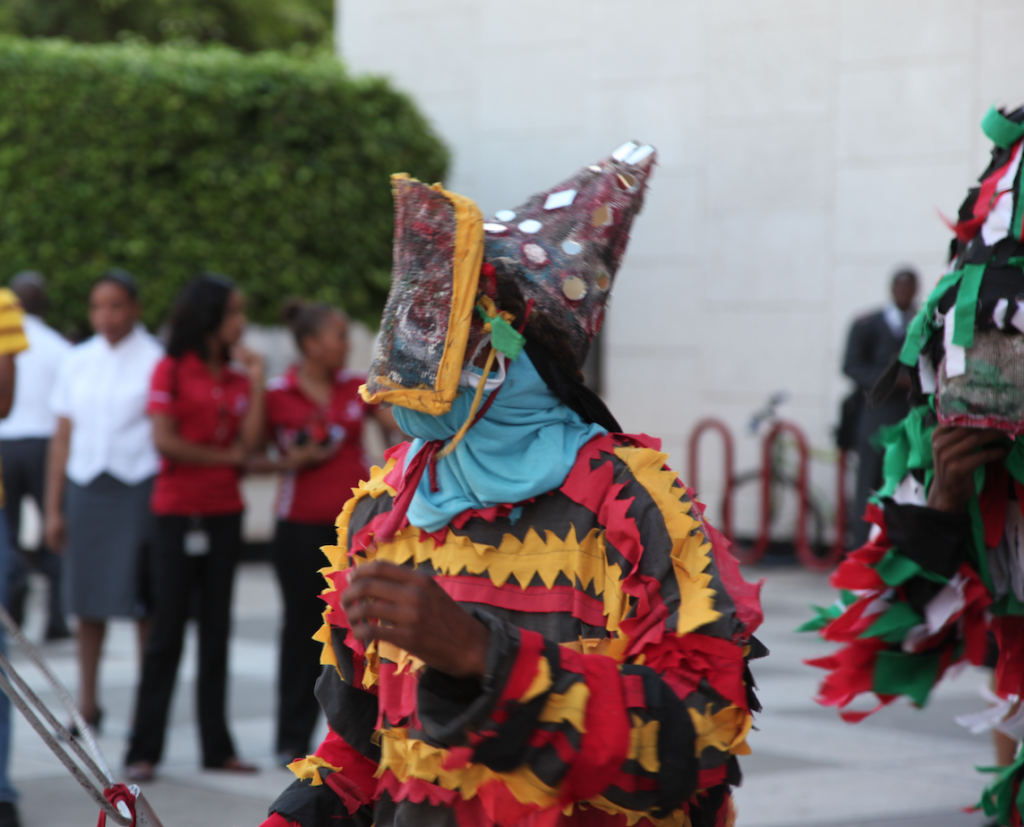
Junkanoo, a vibrant and dynamic cultural festival, traces its origins back to the period of African chattel slavery in the British American colonies. Although now predominantly celebrated in Jamaica, The Bahamas, and Belize, its roots are deeply intertwined with the historical experiences of the African diaspora. This article delves into the history, origins, and cultural significance of Junkanoo, exploring its evolution from a grassroots celebration to a cherished tradition in the Caribbean.
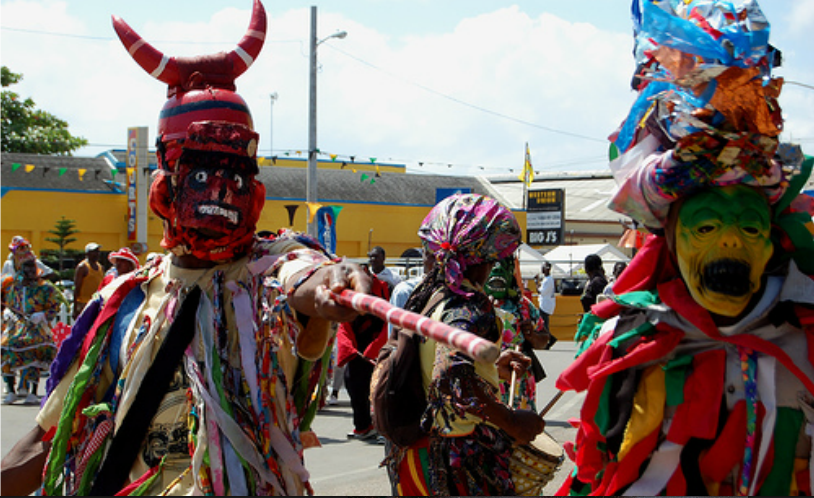
Origins and Spread:
While the exact birthplace of Junkanoo is contested, historical evidence suggests that it originated in The Bahamas during the 1700s and later spread throughout the English-speaking Caribbean, reaching Jamaica as early as the 18th century. Despite its common origin, each participating country has localized and adapted the celebration, resulting in diverse variations of performance and spelling.
In Jamaica, Junkanoo is not only a cultural dance but also a significant tradition for the Garifuna people. The festival found its way to North Carolina during the era of slavery, with parades in places like Wilmington in the late 1880s. The dances are intricately choreographed to the beat of goatskin drums and cowbells, providing a rhythmic and captivating experience.
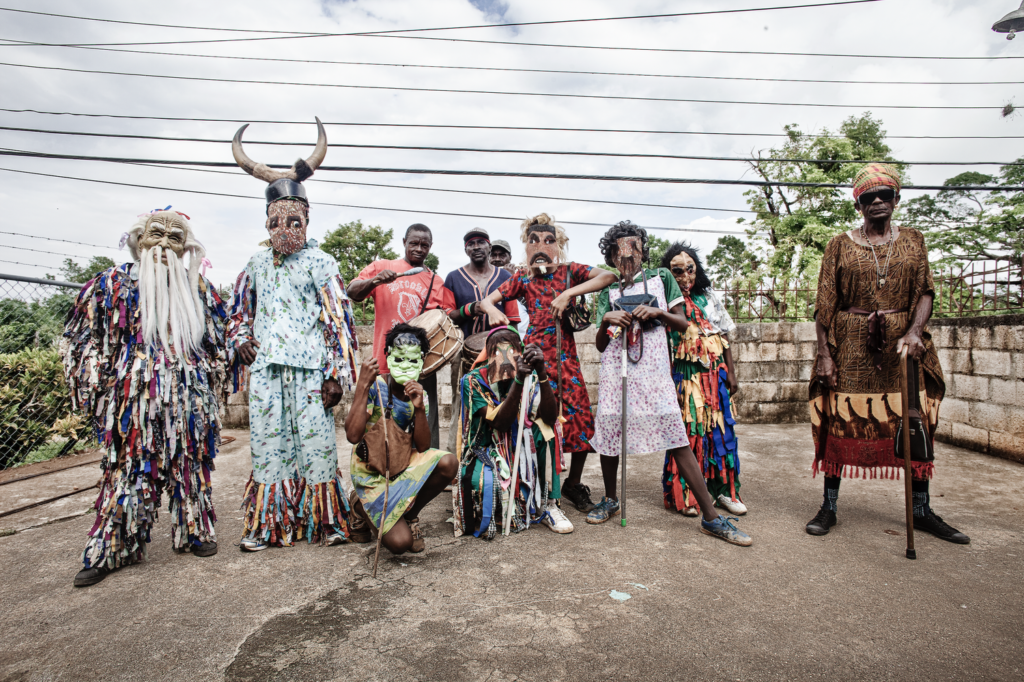
Historical Influences:
The festival's roots can be traced back to the plantations in Jamaica, where enslaved Africans celebrated holidays with dance, music, and costumes during Christmastime. The costumes and drumming bear striking similarities to West African mask dances, drawing inspiration from three West African festival traditions: the New Yam Festival of the Igbo people, the Egungun masquerades of the Yoruba people, and the Homowo yam festival of the Ga people.
The word "Junkanoo" itself has disputed origins, with theories ranging from a folk hero named John Canoe to the French term "gens inconnus" (unknown people), reflecting the masked revelers. Scholars propose an Igbo origin, pointing to the Igbo yam deity Njoku Ji and the okonko masking tradition in southern Igboland. Additionally, an Akan origin is suggested, with ties to the Fancy Dress Festivals/Masquerades in Ghana.
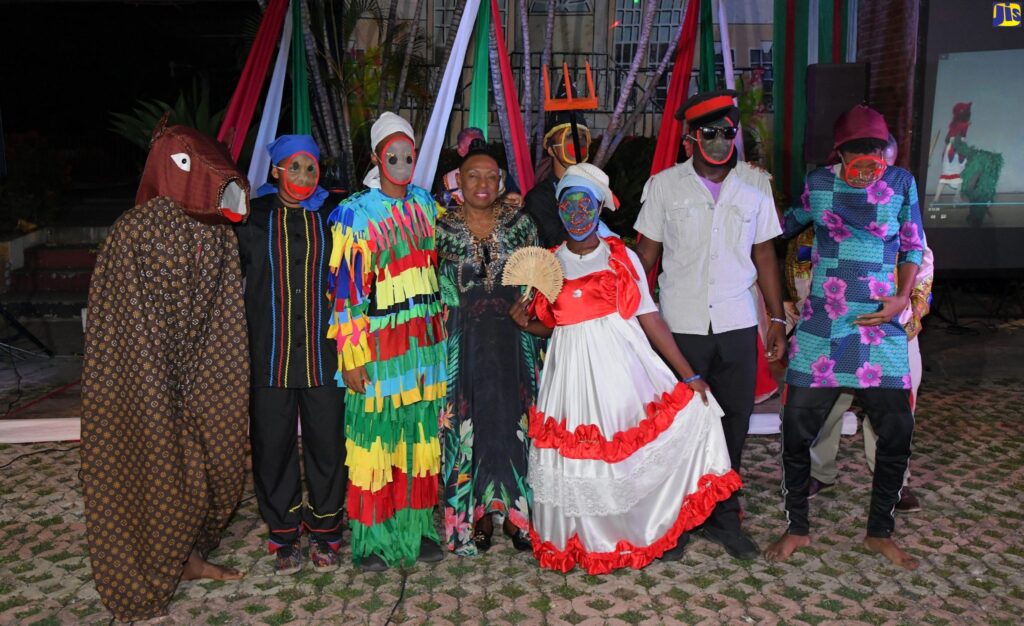
Historical Narrative:
According to Edward Long, an 18th-century Jamaican enslaver and historian, the festival was created by enslaved Akan who celebrated John Canoe, a warrior hero known for his victories against Prussian forces in Axim, Ghana. The festival incorporated motifs from Akan battle traditions, with war masks and dance formations becoming integral to the celebration.
Description and Evolution:
Junkanoo has evolved from a grassroots celebration into a formal, organized parade with elaborate costumes, themed music, and official prizes. In 19th-century North Carolina, the festival involved bands of black men dressed in ornate costumes, performing dances of African origin as they traveled from plantation to plantation.
Popular Culture:
Junkanoo has made its mark in popular culture, featuring in movies like Thunderball, After the Sunset, and Jaws: The Revenge. The festival has also been celebrated in music, with Kenny Loggins dedicating a song titled "Junkanoo Holiday (Fallin'-Flyin')" to the vibrant tradition.
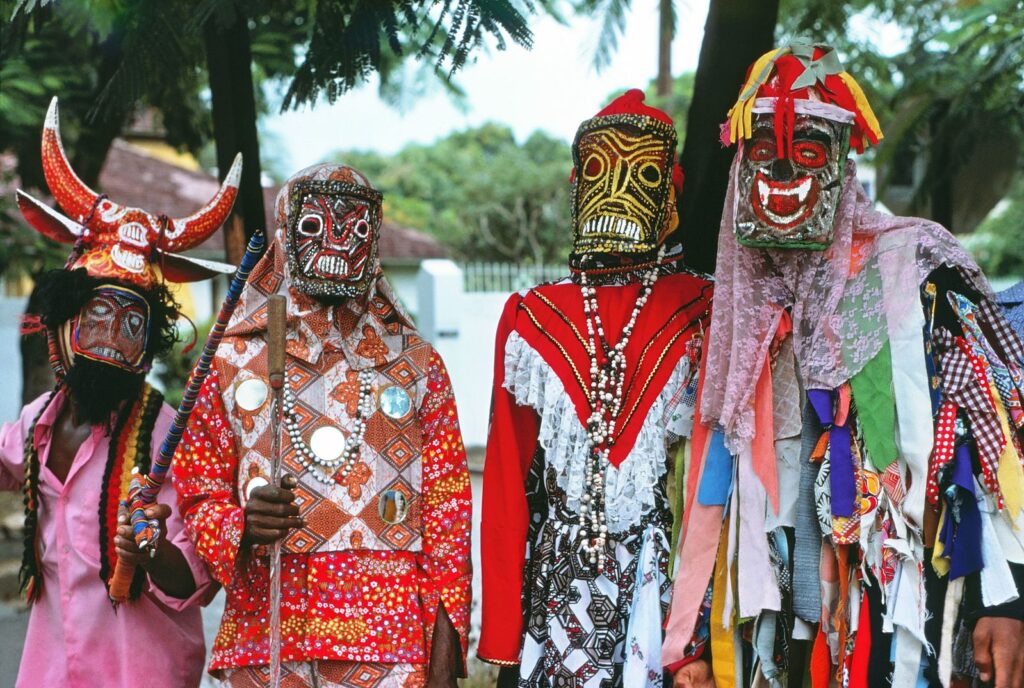
Junkanoo stands as a testament to the resilience of African heritage and the ability of cultural traditions to endure and evolve over time. From its humble beginnings on the plantations of Jamaica to becoming a celebrated festival in the Caribbean, Junkanoo reflects the rich tapestry of the African diaspora and continues to captivate audiences with its vibrant expressions of music, dance, and cultural identity.
